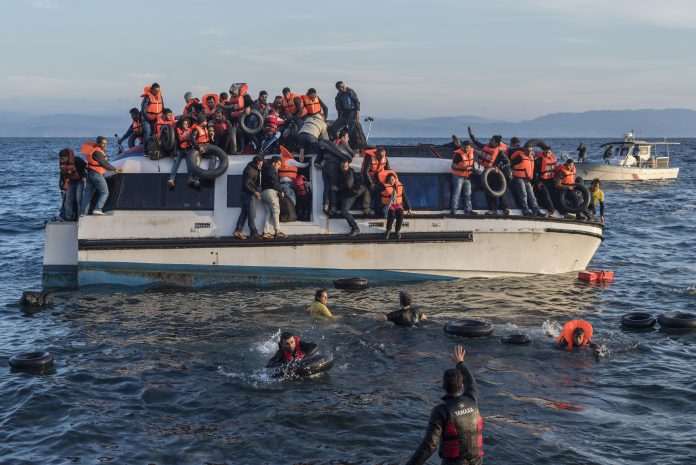Migration is a global phenomenon that presents a unique set of challenges while offering substantial benefits to countries of origin and destination as well as migrants. The EU works to ensure that migration takes place in a safe, regular and sustainable manner. The New Pact on Migration and Asylum proposes to strengthen and deepen comprehensive, tailor-made and mutually beneficial partnerships with key countries of origin and transit, covering all aspects of migration, including providing protection, addressing root causes, strengthening migration governance and management, fostering cooperation on return, readmission ad sustainable reintegration, fighting migrant smuggling, and developing legal pathways.
MIGRATION & FORCED DISPLACEMENT
Almost half of all international migrants live within their continents of origin. 70 percent of migrants born in Europe reside in another European country, for instance.
In 2020, there were 82.4 million forcibly displaced people worldwide, forced to leave their homes due to conflict, violence, human rights violations, persecution, and natural hazards. Of those, 46 million are internally displaced people and 26.4 million refugees. An estimated 35 million (42%) are children below the age of 18. Most refugees (86%) are hosted in developing countries.
Around the world, the vast majority of migrants travel, live and work in a regular and legal manner. Migration can bring considerable benefits to all sides. In countries of destination, migrants can make up for labour shortages, invest in new businesses, help create jobs and contribute to a richer and more diverse culture. And migrants, notably those working in the health sector, have been giving an important contribution in addressing the Covid-19 pandemic in their host countries. Migration also contributes to development in countries of origin. In this context, migrants send home remittances, which provide a stable source of financing that can help reduce poverty, and bring home new skills.
Migration also presents a set of specific challenges, in particular when it takes place in an irregular manner. Migrants risk their life on dangerous journeys and are vulnerable to exploitation and abuse. At their destination, migrants often face difficulties in accessing health care, housing, education or employment. Organised crime networks benefit from facilitating irregular migration.
Migration is a key policy area for the EU. Over the past years, the EU has developed a comprehensive and balanced policy framework on migration. Our ultimate aim is to ensure that migration takes place in a safe and regular manner, avoiding loss of life, protecting the human rights of migrants and providing international protection to those who need it. Constructive and sustainable migration policies are in the interest of partner countries, the EU, and refugees and migrants themselves.
FOR MORE INFORMATION FOLLOW THE LINK:
https://www.eeas.europa.eu/eeas/migration-forced-displacement_en




